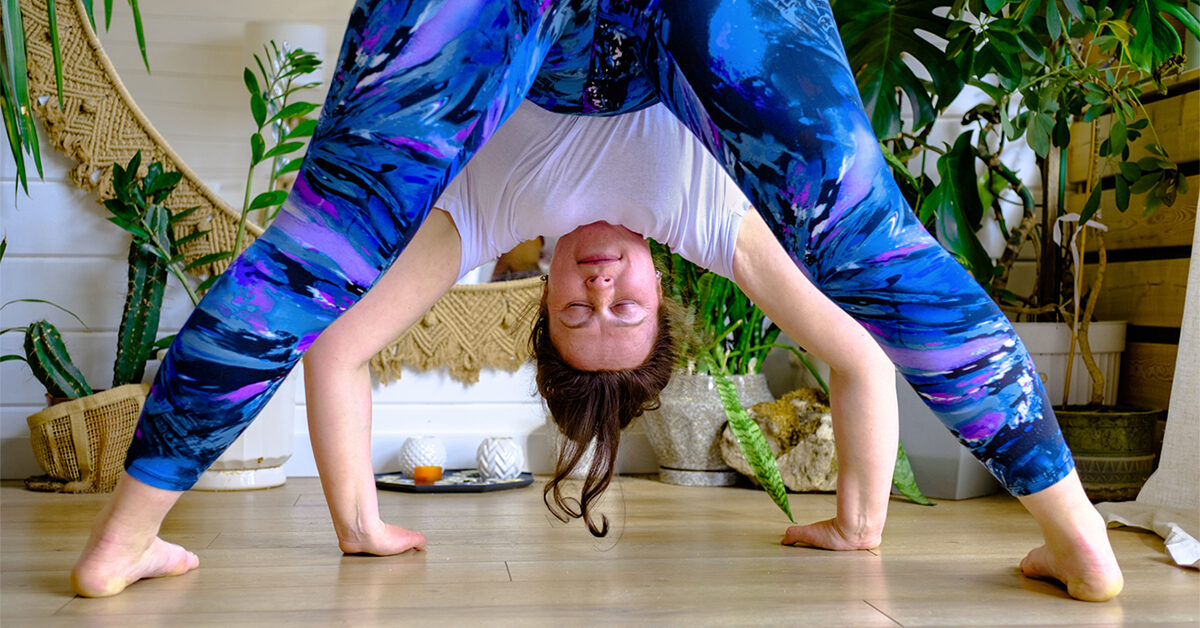April Murray Bravo
Dallas Texas

In today’s increasingly complex society, individuals grapple with a plethora of emotional and psychological hurdles. From navigating the intricacies of interpersonal relationships to addressing deep-seated issues of sexual dissatisfaction or identity, the quest for emotional relief can seem as perplexing as a labyrinth. Traditionally, many turn to professional counseling or sex therapy for assistance. While these approaches are often effective, they can also be daunting for those hesitant to discuss intimate details of their lives. In contrast, an ancient practice has resurfaced in the realm of modern psychotherapy, offering a soothing alternative: Yoga.
Originating from ancient Indian traditions, Yoga has thrived through millennia, providing a tranquil refuge that promotes inner peace. It extends beyond mere physical activity; it is a comprehensive practice that nurtures the mind, body, and spirit. Meanwhile, psychology, a contemporary science, focuses on understanding and addressing mental health concerns. The fusion of Yoga and psychology is akin to the confluence of two rivers, each enriching the other with their unique yet complementary properties.
Integrating Yoga with psychological principles offers a holistic, self-managed therapy alternative that is particularly potent in several key areas:
Self-Awareness and Mindfulness: Central to both Yoga and psychology, self-awareness and mindfulness are critical for effective psychotherapy. Yoga encourages individuals to engage deeply with their mental and emotional landscapes through mindful meditation and physical poses (asanas). This introspection can greatly enhance the therapeutic process, aiding individuals in tackling sensitive matters such as sexual identity and relationship difficulties.
Stress Reduction and Emotional Regulation: Our modern lifestyle often brings stress, a ubiquitous challenge. Yoga’s soothing postures and breathing techniques are proven to reduce stress hormones and promote relaxation, setting an ideal stage for psychological interventions. This calm state allows individuals to approach issues such as anxiety and depression more effectively, maintaining emotional equilibrium.
Enhanced Resilience: Yoga promotes resilience by instilling calmness and a non-judgmental mindset, crucial for enduring life’s stresses and strains. This foundation helps individuals confront and navigate through personal trials, including sexual dissatisfaction and relational issues. In tandem with psychotherapy, which offers customized strategies, this approach builds a strong framework for personal development and problem-solving.
Improving Relationship Dynamics: As Yoga cultivates self-compassion, it also enhances interpersonal relationships. Practitioners often find themselves better equipped to understand and manage their reactions and emotions, which can lead to improved dynamics with partners and others. Combining Yoga with couples therapy can significantly improve empathy, communication, and understanding between partners, potentially resolving conflicts more effectively.
Body Positivity and Sexual Wellness: Embracing one’s physical self is a fundamental aspect of Yoga, which can significantly enhance body positivity and sexual health. This acceptance creates a supportive environment for addressing sexual issues, complemented by therapy that explores these concerns in a non-threatening manner. The result can be a more satisfying and healthy sexual life.
Together, Yoga and psychology forge a serene and empowering pathway for those wrestling with today’s emotional and sexual challenges. This symbiotic relationship not only addresses immediate concerns but also sets individuals on a lifelong journey of wellness and self-discovery. By learning to harmonize their mind, body, and spirit, people can unlock solutions to their problems and cultivate a life marked by greater contentment and deeper, more meaningful connections. Through this compassionate and holistic approach, the path to emotional and psychological well-being becomes clear, transforming lives and fostering enduring happiness.
For More Information
